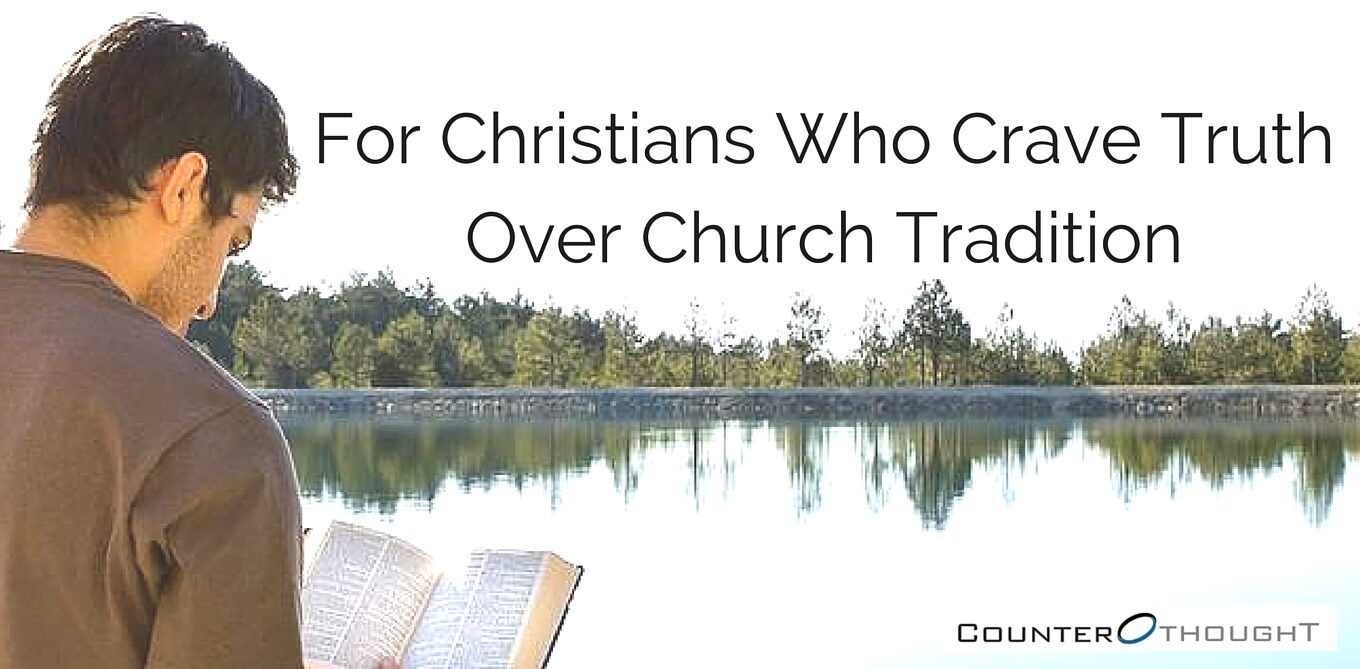Part 2 in the Series:
Is America a Christian Nation?
By Don Enevoldsen
An objective perusal of documents written and read by the Founding Fathers reveals the reality behind the apparent conflict described in Part 1: Both sides are right. Early Americans, as a whole, believed that Christianity was essential for good government and at the same time, believed that church and government should be completely separate. What is rarely taken into account is the fact that early Americans did not see these as mutually exclusive positions. Virtually all Americans believed both.
It is true that many of the Founding Fathers were not evangelical in the modern sense of the word. They were products of the European Enlightenment and placed their faith more in reason than in religion. Though this trait is cited as proof that America was not Christian, it should be noted that such positions prompted outrage from most citizens. Jefferson, an outspoken critic of clergy, the writings of the Apostle Paul and belief in miracles was considered an atheist by most Americans. Perhaps the only man in America more outspoken on these topics was Thomas Paine. He fared even worse in public opinion than Jefferson. Americans overall were zealous about their faith, as the opposition to Enlightenment thinking demonstrated. The convictions of four million people should not be judged by the opinions of five politicians, even if the five are well known.
That the intellectual position of the Enlightenment did not reflect the tone of the nation as a whole was observed by French historian and political thinker, Alexis de Tocqueville, during his extensive travels through the United States. He spent two years examining every aspect of American culture and politics. His findings were published in 1835 and 1840 as a two-volume work titled Democracy in America. He painted a picture of America very consistent with the incongruence in the views of Jefferson and Adams, yet he saw these traits as logical, explainable and an integral part of the strength of the American political system. De Tocqueville observed a unique fusion of religious and secular thinking in nearly every American he met. He noted in particular that Christianity was accepted invariably as a fact of life:
“It is never to be forgotten that religion gave birth to Anglo-American society. In the United States religion is therefore commingled with all the habits of the nation and all the feelings of patriotism, whence it derives a peculiar force… Christianity itself is a fact so irresistibly established, that no one undertakes either to attack or to defend it.”
This universal acceptance did not mean universal agreement on doctrinal issues. De Tocqueville also noted a great diversity in religious practice, stating that the “Christian sects are infinitely diversified and perpetually modified.” Yet he saw an acknowledged moral foundation underlying all beliefs:
“The Americans, having admitted the principal doctrines of the Christian religion without inquiry are obliged to accept in like manner a great number of moral truths originating in it and connected with it.”
The “moral truths,” not the denominational doctrines, were embraced by the whole of American society. These beliefs constituted a uniquely American religious philosophy, and de Tocqueville saw little in Europe with which to compare it. “The Americans have no philosophical school of their own,” he wrote, and he found little indication that they cared about defining their overall philosophy, yet all Americans shared a basic pattern of beliefs beyond religious forms or rituals. The basic tenets of this philosophy, as he observed them, were:
“To evade the bondage of system and habit, of family maxims, class opinions, and, in some degree, of national prejudices; to accept tradition only as a means of information, and existing facts only as a lesson used in doing otherwise, and doing better; to seek the reason of things for one’s self, and in one’s self alone; to tend to results without being bound to means, and to aim at the substance through the form;—such are the principal characteristics of what I shall call the philosophical method of the Americans.”
De Tocqueville distilled these to a single conviction:
“If I seek amongst these characteristics that which predominates over and includes almost all the rest, I discover that in most of the operations of the mind, each American appeals to the individual exercise of his own understanding alone.”
American religious belief was characterized by this sense of individualism, the conviction that every human being is capable of independent thought and is personally accountable, both to God and to his fellow man. According to de Tocqueville, “The majority of them believe that a man will be led to do what is just and good by following his own interest rightly understood.” Regardless of denominational affiliation, Americans assumed certain moral responsibilities to be incumbent on all Christians, responsibilities that encompassed how citizens acted toward each other.
Next: Christian America and the State
To go to the beginning of the series: A Schizophrenic History
Do you have an additional thought on this subject that will assist our search for truth? Please join the discussion and share your insights.

Great series Don!
Thanks, Tammy. I appreciate your encouragement.
While presidents invoking God’s blessing on America may neglect the biblical sensibility that we are always “blessed to be a blessing,” early religious leaders in the United States did not. John Winthrop , one of the founders of the Massachusetts Bay Colony, preached a sermon in which he imagined America as a “city set upon a hill.” But while presidents since, most particularly Ronald Reagan, took that image to establish a divine exceptionalism for this country, Winthrop himself believed that America would be blessed by God only to the degree that it followed God’s ordinances.